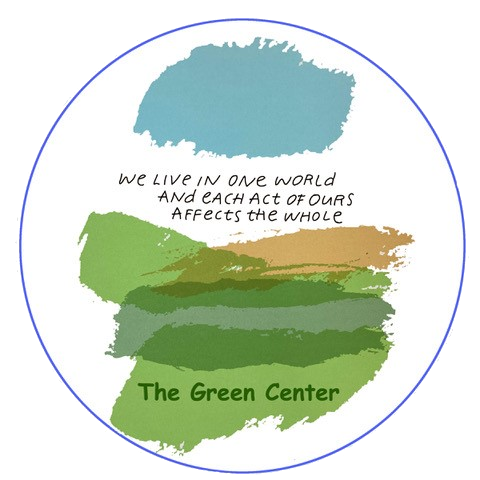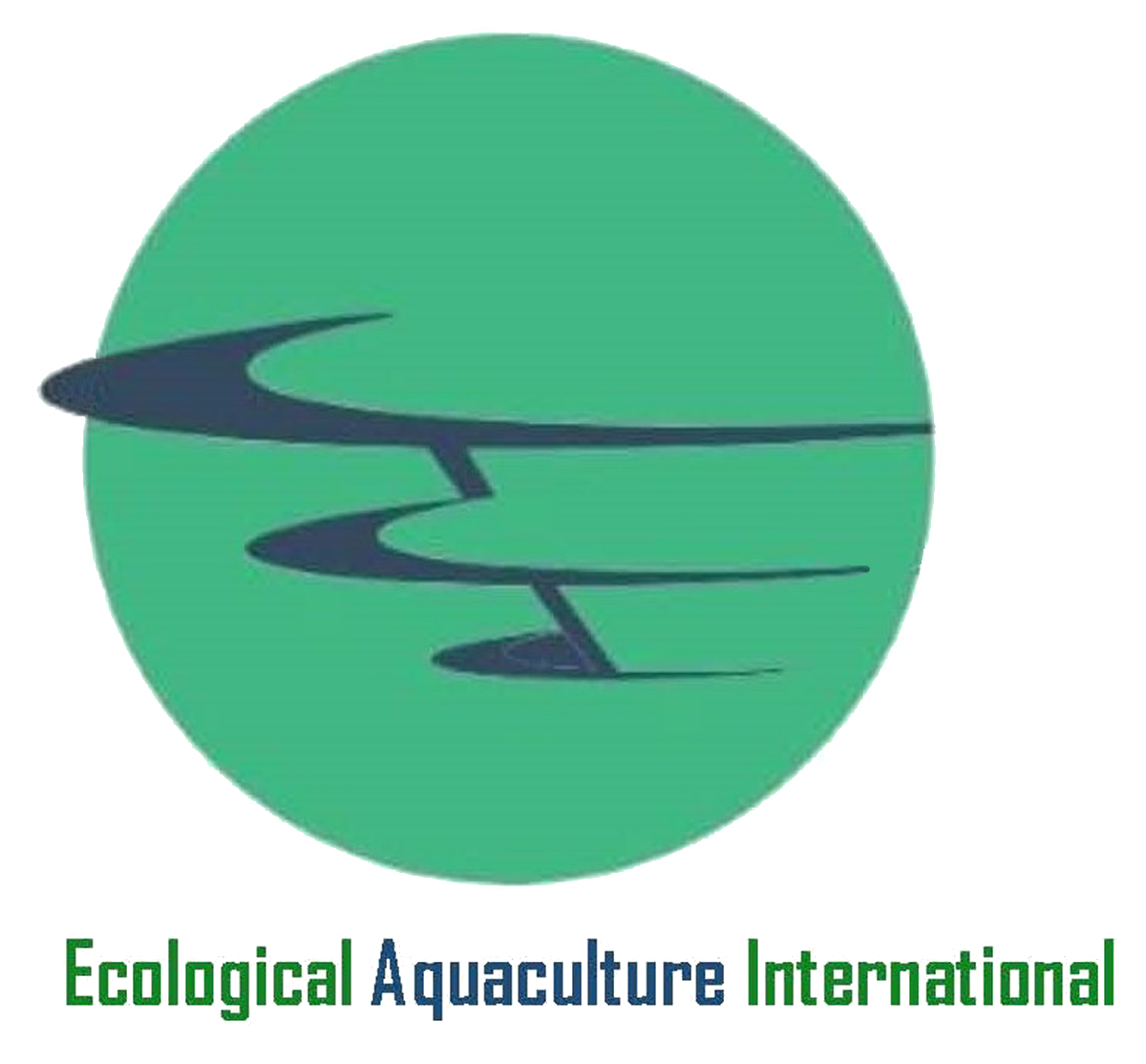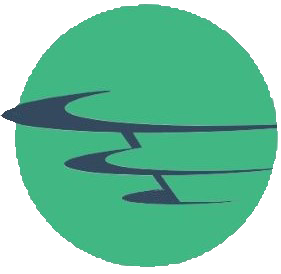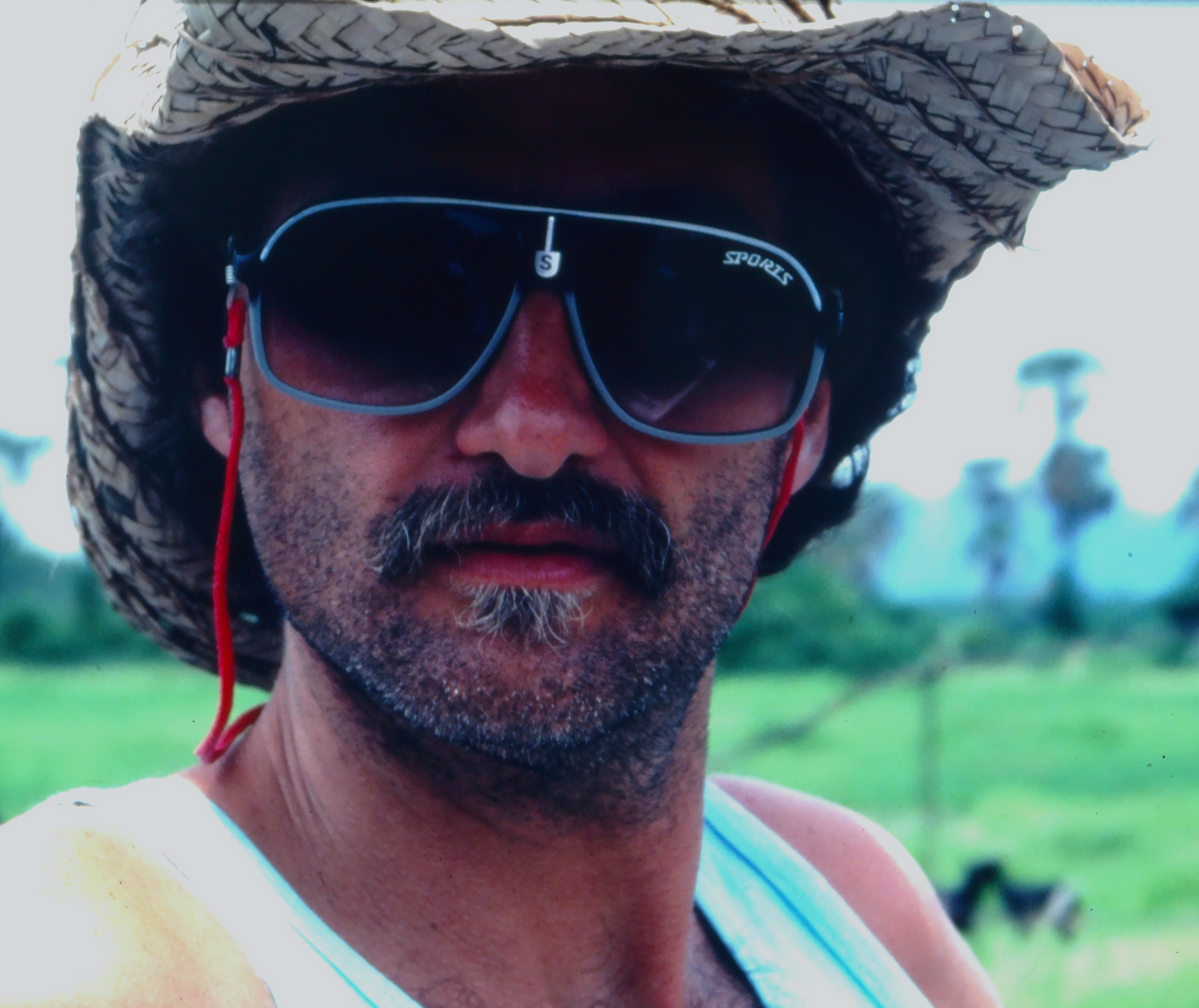


Barry António Costa-Pierce published April 4, 2025 in The Falmouth Enterprise, Falmouth, Massachusetts, USA
Falmouth is at the center of a grassroots, citizen-led, local-to-global partnership that seeks more integrated solutions to coastal and freshwater nutrient pollution than relying solely on costly sewer systems. That is the story we presented this month at the World Aquaculture Society Triennial Conference attended by over 5000 aquatic foods scientists and practitioners in New Orleans. Our presentation was titled “Restorative aquaculture as part of an integrated solution to the accelerating nitrogen crisis damaging coastal marine ecosystems”.
Our partnership includes The Green Center of Falmouth and Ecological Aquaculture International, LLC (EAI), a marine science organization that develops global programs for ecological and restorative aquaculture systems. As Chief Science Officer, I’m a marine ecologist who has worked for 40 years globally, living long term in Asia, Africa, Europe, and the US, and I have been alarmed by the increasing magnitude of wastewater flows from more diverse sources to coastal zones and lakes everywhere. I have seen first-hand the increasing harm excess nutrients cause not only to aquatic ecosystems, coastal residents and economies, but endanger the very future of EAI’s work - to produce clean, healthy seafoods from sustainable, ecologically friendly coastal and freshwater aquaculture and fisheries systems.
Nearshore oceans and estuaries of the world are the prime habitats of humanity; about 80% of the world’s population lives in coastal areas, and migrations to the world’s coasts are accelerating. These ecosystems are suffering intense anthropogenic disturbances due to increased nitrogen, phosphorus, and organic matter from point and non-point sources: untreated or poorly treated wastewaters from aging sewage infrastructures, septic leachates from poorly constructed and maintained systems, unsustainable agriculture and aquaculture, and atmospheric deposition (wet and dry precipitation) from combustion. Increased discharges are accelerating the hypereutrophication of aquatic ecosystems leading to increased numbers and persistence’s of harmful algal blooms, coastal acidification, contamination of groundwaters, and little recognized, but very significant, atmospheric discharges of dangerous greenhouse gases (carbon dioxide, nitrous oxides, methane). The future of healthy aquatic ecosystems has seemed out of reach.
EAI has been a key participant in global discussions and actions on restorative aquaculture using shellfish and seaweeds to extract nutrients once they reach overburdened waters. However, working with the Green Center, we learned for the first time that about 80% of the nitrogen and 50-70% of the phosphorus in wastewaters was from just 1% of its volume – urine. Nature, one of the top science journals globally published “How recycling urine could help save the world”. We visioned a hyperlocal, watershed strategy: upstream removal of large quantities of nutrients at their source by diverting urine and couple this downstream with shellfish and/or seaweed culture. Our presentation in New Orleans highlighted this combination and caught the attention of The Nature Conservancy (TNC), one of the world’s largest NGOs. We discussed the importance of Falmouth’s process to develop public-private partnerships in restorative shellfish aquaculture and community and household-based urine diversion. We plan to take this from Falmouth and Cape Cod to the world. The leadership of Falmouth is a testament to the values of citizen science and local democracy at their best. Cape Cod is becoming an innovation corridor testing new ideas and approaches to making progress on one of the world’s most “wicked” problems.


